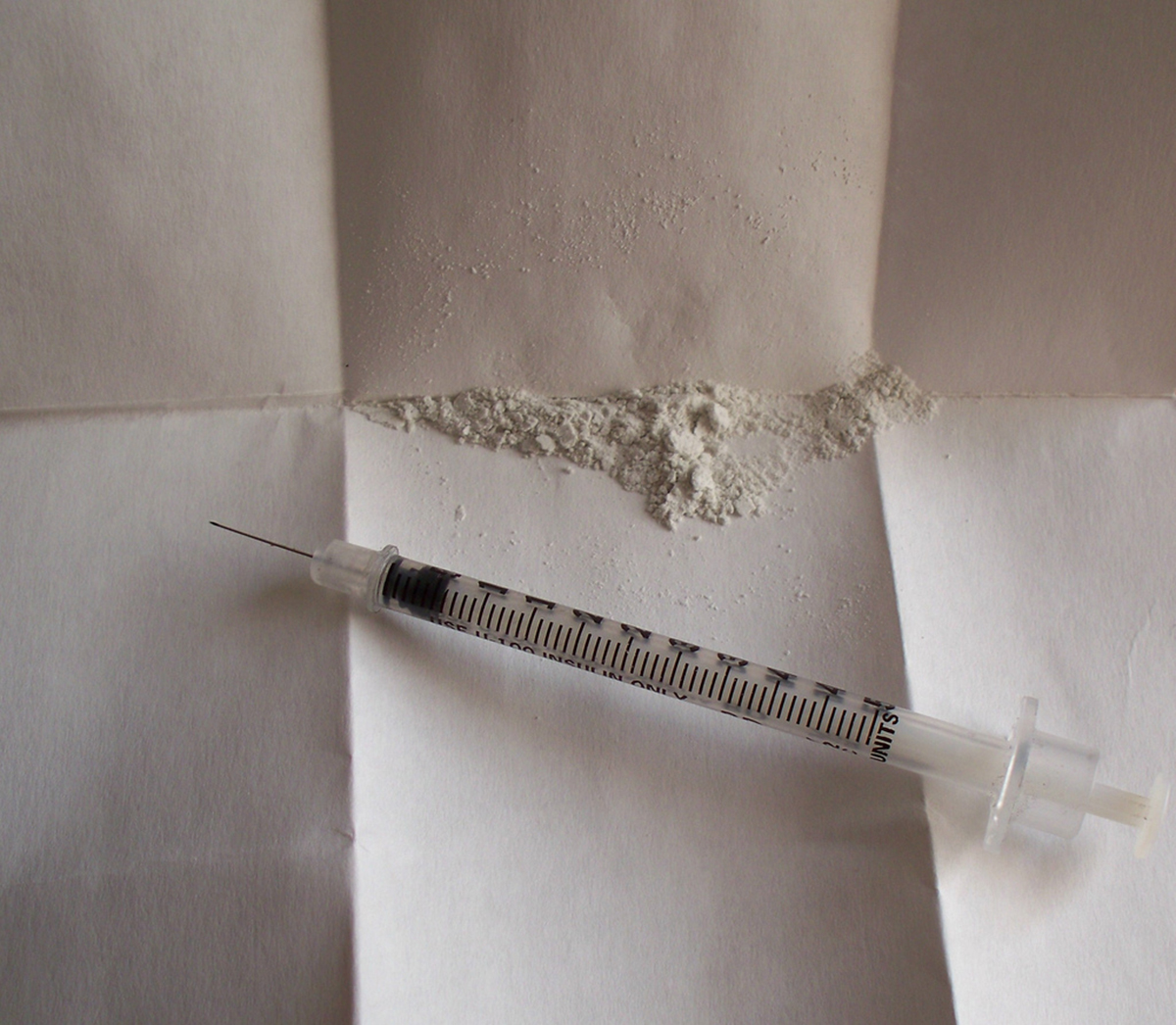Heroin is not a drug that is talked about much these days, and you may even think that it's not all that popular anymore. You are, generally, much more likely to hear about drugs like crack, cocaine, meth, ecstasy, and of course marijuana. Just recently, Philip Seymour Hoffman's death from what appears to be a heroin overdose forced the drug to return to the headlines.

Usually taken intravenously by self-injection but also smoked, heroin is made from the opium poppy plant and quickly makes users feel wonderful. It triggers the release of endorfin hormones and is highly addictive. Did you know heroin was originally used to help people overcome morphine addictions? That plan didn't really work out as planned, to say the least.
Heroin kills many, and ruins the lives of many more. The withdrawal process is far from easy, but some users do overcome their heroin addictions successfully. This article will discuss the process and the help that is available to heroin addicts.
Heroin Withdrawal
The use of heroin will lead to a physical dependence, which means the addict needs the drug to prevent withdrawal symptoms - which are experienced as rather hellish - and increasingly large amounts of the drug are needed to get the same effect. When heroin use is discontinued, the body will react immediately.
Most addicts start experiencing withdrawal symptoms within six to 12 hours after their last use. Withdrawal symptoms tend to be at their worst between one and three days after the last use, and they may improve after around seven days.
In the period immediately following heroin cessation, you can expect a myriad of nasty symptoms:
- Pains and aches, especially in the back and legs
- An overproduction of bodily fluids, including sweat, tears, a runny nose, and diarrhea (accompanied by stomach pains)
- Nausea and vomiting
- A fever - but seek medical treatment if it exceeds 103 F or 40 C and doesn't come down with treatment
- Mood swings, restlessness, irritation, anxiety, and sleep problems
- Cravings: really, really wanting to return to the addiction
Many of these withdrawal symptoms are the direct result of your body returning to its normal state; though the symptoms are highly uncomfortable, they actually show the addict that they are on the right path to recovery.
Read More: Mexican Scientists Discover A Vaccine That Could Cut Heroin Addiction
That brings us to the next question. Can you kick heroin on your own, or do you need professional help? More about that on the next page.
How And Where To Quit Heroin
Some former users say that quitting heroin is not much tougher than quitting smoking (tobacco). That's an interesting statement, because it's painfully obvious that the physical process of withdrawing from heroin is much more intense than the process of becoming nicotine-free. It does highlight something incredibly important however, and that is that addicts who are motivated to become clean are much more likely to succeed than those who are doing it due to external pressures.

Some addicts quit for reasons beyond their control - relatives force them, or the justice system leaves them without supply when they go to jail. These addicts may go through the withdrawal process and stay clean for a while, but the addiction hasn't left them and they are at a high risk of returning to the drug or replacing it with something else.
Clair was part of a heroin-using crowd in England in the 1980s, when the economic situation was bleak and drugs were enormously popular in many working-class circles, but she never became a user herself. She watched her friends die from overdoses and gave life-saving CPR to others. One of her friends kicked the habit by herself:
"She took an overdose. I did the CPR thing and I called an ambulance. She came round before it arrived but I told her she still needed to go to hospital. After that, the police raided her house and her parents found out she did heroin. She was really in it recreationally, not addicted to the same extent as the others. She met a new boyfriend and stopped hanging around with the same crowd. She stopped using and didn't go to rehab or anything."
Clair's other friends were not so lucky. Many turned to alcohol instead. Some went to prison, only to start using again the moment they got out. And many died, from overdoses or simply because the drugs and lack of self-care that go with them took their toll.
Should you really attempt to quit by yourself, if you are currently addicted to heroin? Or should you encourage your addicted loved-one to do so? In short, no.
Addicts who have support are more likely to survive the withdrawal period without returning to the drug.
Rehab might be an option, but a group of relatives or friends watching over the recovering addict constantly during the withdrawal process can also have good results. Every addict will go through a time when the only thing they want is to use, and cravings and physical symptoms make it incredibly hard to have the willpower to get through it alone. People physically stopping the addict from doing this will allow this stage to pass.
Following the immediate withdrawal period, support groups such as Narcotics Anonymous and SMART Recovery can be incredibly important to the recovering addict. Therapy to explore the drug use and the underlying reasons for becoming addicted can also be helpful.
Read More: Is Addiction A Failure Of Willpower, Or Is It A Physical Disease?
Once the withdrawal period is over and the user is clean, the addiction is still there - and it is essential to remember this. Heroin will always be the person's weak spot, but there is also a large risk of turning to other substances, including alcohol.
- Photo courtesy of Emanuele by Flickr : www.flickr.com/photos/zakmc/4001492504/
- Photo courtesy of Michael Velardo by Flickr : www.flickr.com/photos/crashtestaddict/4527355651/

